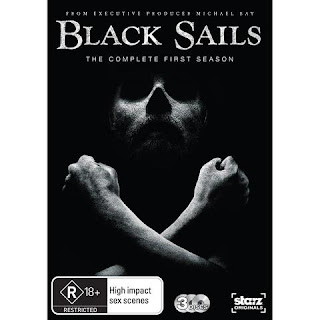After learning that Claire lives in their own home neighbourhood, one of the four robbers - Doug - follows her to find out how much she has told the police, and to ensure that his more hot-headed associate does not kill her to eliminate her as a witness.
Soon a romance grows between Doug and his unwitting victim, which the bank robber naturally hides from the other members of his gang.
He should, perhaps, be more worried about keeping things from the authorities. The FBI have identified him as a likely member of the bank robbers, so when they see him spending time with Claire, they naturally develop suspicions about whether she was an innocent victim of the robbery, after all. She was, of course, but you can certainly see why they would think otherwise!
As tensions grow with his fellow criminals, and the FBI closes in, Doug has to make some difficult decisions that will affect not only his own life, but those of the woman he has grown to love.
The Town is a decently-crafted film with a good cast, but my wife and I were a bit disappointed by it. In large part, this is because we watched The Town on the back of its trailer, which promised a tense, high octane thriller. The actual film is rather more restrained in tone and content. It's probably also therefore more realistic and nuanced. But expectations matter, so we were a bit disappointed by what we got, since it was not what we were looking for.
The film's other weakness, to my mind, is that I did not much care about Doug as a character, and was not wholly convinced by his and Claire's relationship, once his secret was revealed. I think the film's grounded tone was also a factor in this. In a more high octane film, I would probably have accepted "adrenaline-filled situations prompt strong feelings" as a justification. Without that, I think the film needed to work harder than it did, to convince me that Claire would make the decisions that she did.
Ultimately this didn't quite click for me.







